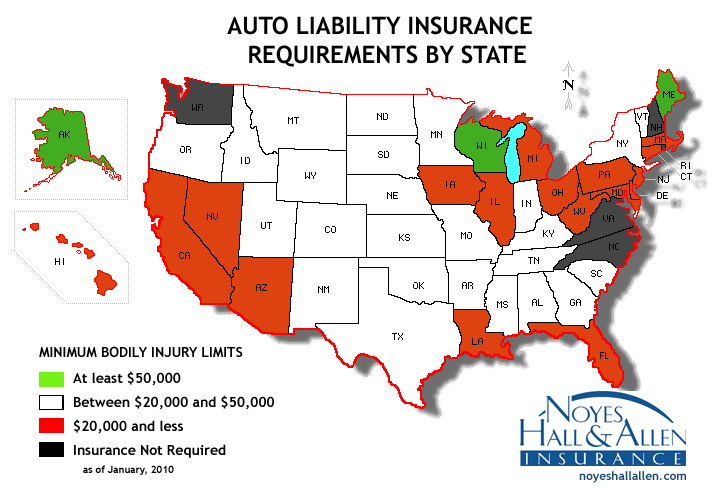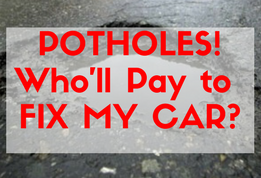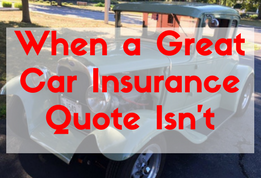You rent a house, condo or apartment. Maybe you’ve been meaning to buy renters’ insurance. Or maybe, you’ve been thinking something like this:
My Stuff Isn’t Worth Much
You think you have minimal furniture, electronics and clothes. But, you acquired it a little at a time; maybe you even bought some of it used. After a fire, you’re going to have to replace it all at once, and in a hurry. Even a 1-bedroom apartment easily holds $10,000 of stuff – more if you have a decent computer or a hobby like photography, mountain biking or music. That’s more than most of us have in the bank.
When you get Maine property insurance buy replacement cost coverage; it’s always worth it. Otherwise, the insurance company pays you “actual cash value”: the difference between replacement cost and depreciated value.
Replacement cost = cost of new underwear in the store.
Depreciated Value = what I’d pay for the stuff in your underwear drawer (not much).
My Landlord’s Policy Covers Me
Your landlord’s insurance (IF they have any) covers them, and them alone. Whether the plumbing leaks on your sofa, a fire burns up your apartment, someone steals your computer, or someone slips on an ice cube in your kitchen, you have no insurance unless you buy it yourself.
I Can’t Afford It
Renters’ insurance is cheap: often less than $10.00 a month. That’s a few cups of coffee. Know what you really can’t afford?
- To replace all your stuff (“new for old”, right?)
- To rent a hotel room while your apartment is damaged.
- Medical bills if someone falls in your house or your dog bites someone.
- That fancy vase you accidentally knocked over in that gift shop on Exchange Street.
My Friends/Family/ The Red Cross Would Help Me
Your friends and family rock. And they mean well. But, do you really want to wear your sister’s hand-me-downs; move back into your old bedroom in your parents’ house; or have your brother say ” you owe me one”? No, you don’t.
The Red Cross is amazing. There they are on the TV news, delivering clothes and putting people up for a few days when they’re burned out of their homes. But, you probably don’t want to be that poor girl on the news. It’s always better to pick out your own clothes and choose your own place to stay.
If you live in the area of Portland Maine, renters insurance quote is just a few mouse clicks away. Or, you can contact Noyes Hall & Allen Insurance at 207-799-5541. We represent several insurance companies, so we can compare to find the best deal for you.





 Workers Comp Integrated with Payroll
Workers Comp Integrated with Payroll The cost to insure a teen driver varies greatly, depending upon driving record, vehicle types, use of the vehicle, and coverage level. Rates and rules vary by insurance company, too. Most Maine insurers only require you to add a driver when they get their license, not their learners’ permit.
The cost to insure a teen driver varies greatly, depending upon driving record, vehicle types, use of the vehicle, and coverage level. Rates and rules vary by insurance company, too. Most Maine insurers only require you to add a driver when they get their license, not their learners’ permit.